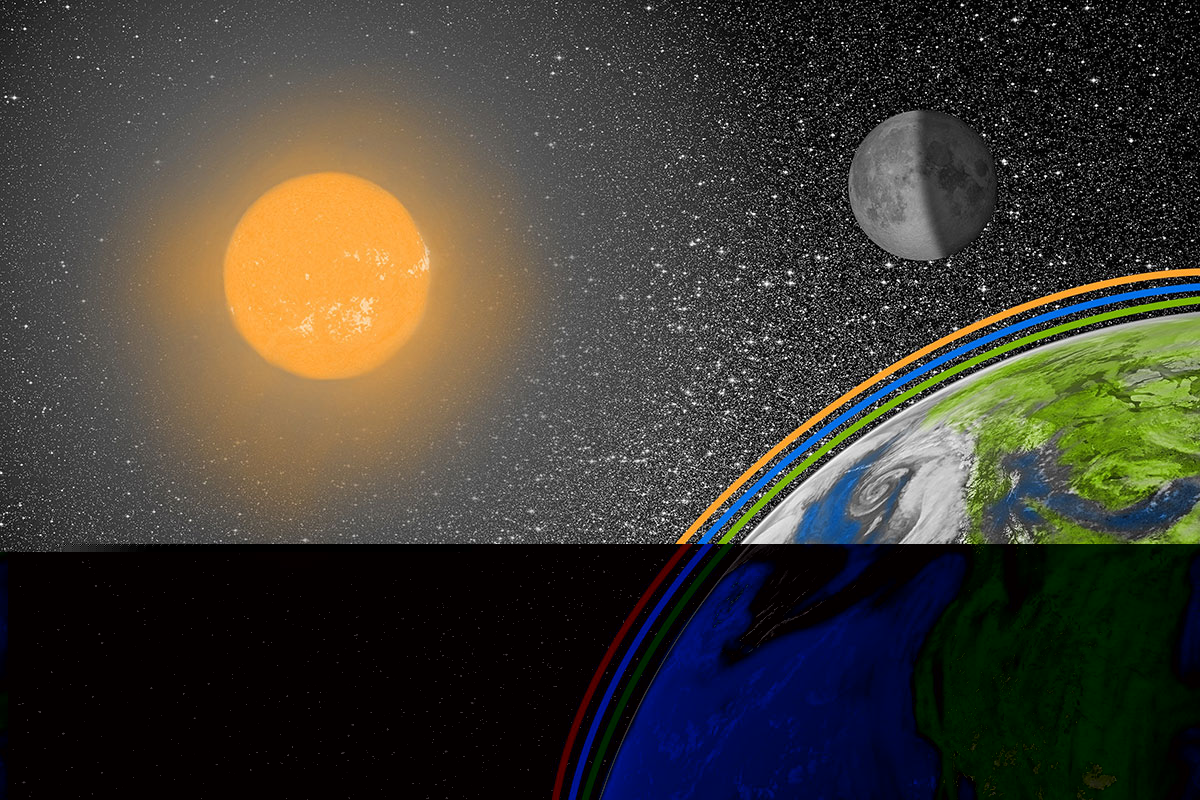
Earth days are getting longer, and scientists aren't sure why.
Before you break out the sunscreen and prepare for some extra time on the beach, keep in mind that the rate of Earth's rotation is always changing due to a variety of geological factors, including tidal activity, climate change, and the planet's imperfect spherical shape. These changes are typically measured in terms of micro- or milliseconds, which are hard enough to notice even when we're not immersed in our screens. In general, days have been getting longer over a period of billions of years, largely because the gravitational forces interacting between Earth and the moon have slowed the former's rotation (and pushed the latter farther away). After the peak of the last ice age, some 20,000 years ago, the diminishing polar ice sheets resulted in Earth's mantle shifting closer to the poles, helping to speed up the planet's rotation. Now, even though some of the shortest days on record have recently been logged, scientists have noted that the long-term forecast has again, mysteriously, been trending toward lengthier days.
What are some of the factors that could be causing this rotational slowdown? It might be the strong winds generated by El Niño. It could have something to do with the changing spin of the still-little-understood Earth's core. Or it may be part of a larger geological cycle that will correct itself sometime in the future. The experts are stumped for now, but it shouldn't stop us from eking out those few extra nanoseconds on the beach.
Well aware that the ever-changing Earth isn't the best source for reliable timekeeping, scientists in the 1960s developed a more precise measurement of a single second, based on the oscillations of cesium atoms as they jump between energy states. This definition forms the basis for the atomic clocks that govern International Atomic Time (TAI), which is used as the basis for Coordinated Universal Time (UTC). However, scientists at the International Earth Rotation and Reference Systems Service (IERS) occasionally add a "leap second" to UTC to keep it in step with the traditional timetable provided by Earth's roughly 24-hour-a-day rotation. Some of the world's biggest technology companies have recently argued that the leap second, while helpful to astronomers, causes programming headaches that could prove ever-more problematic in our increasingly interconnected world. With the issue said to be on the table for discussion at the ITU World Radiocommunication Conference 2023, the tech giants could have their way when it comes to deciding the fate of this small, yet not insignificant, moment of time.

